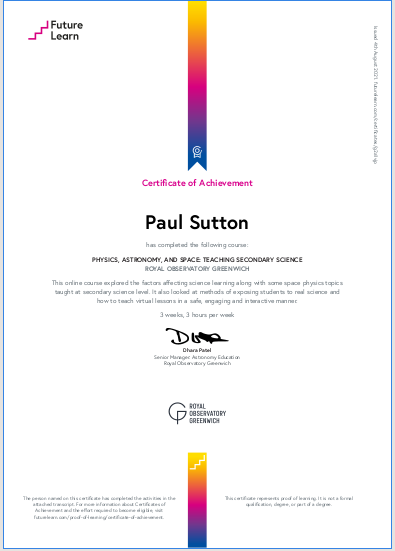Planets form in organic soups with different ingredients
Interesting article found on Mastodon, scientists have mapped the chemical composition of planetary nurseries. Looks like I have quite a bit of reading to do, as there are 3 papers linked to this article.
I have included the usual links to the original article & discourse discussion.
Links
Tags
#Astronomy,#AstroChemistry,#Planetary,#Discs,#Science,#ScienceDaily,#Articles,#Papers,#Research
Citations
Harvard-Smithsonian Center for Astrophysics. “Planets form in organic soups with different ingredients: A series of new images reveals that planets form in organic soups — and no two soups are alike.” ScienceDaily. ScienceDaily, 15 September 2021
